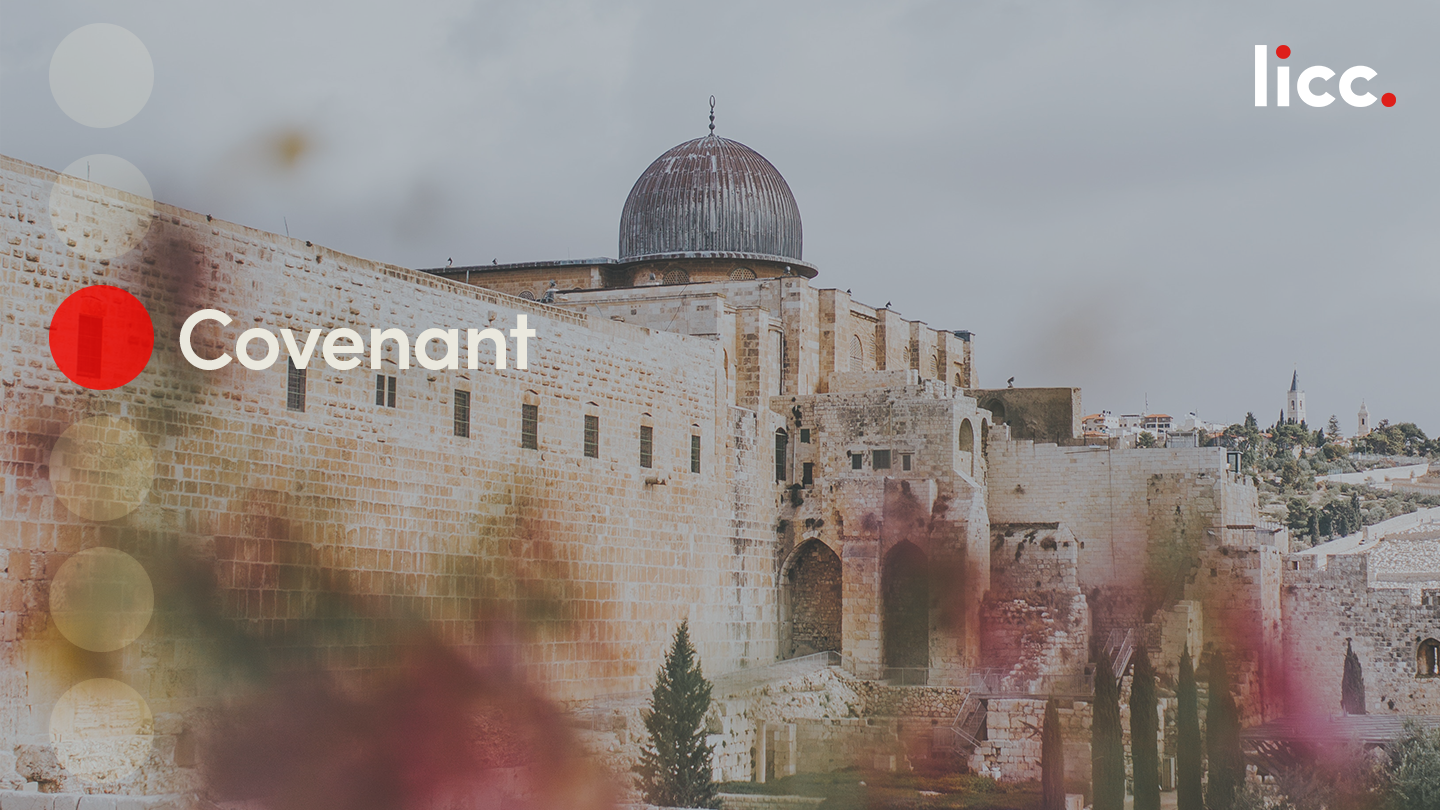Whole Life, Whole Bible: Journey through ScriptureSample


11: Two-way commitment
Three months out of Egypt, this ragbag collection of former slaves in the desert of Sinai reached a crucial moment in their history when the Lord began the process of forming a nation, fulfilling the promise he had made to Abraham and making a covenant with his people that resounds through the Bible. ‘You are a chosen people, a royal priesthood, a holy nation, God’s special possession’, Peter told the scattered churches to whom he wrote (1 Peter 2:9), drawing on these words from Exodus.
This moment of life-changing commitment — like marriage or baptism or confirmation — involved preparation, formal promises before kin and community, and the knowledge that breaking the promises would have far-reaching consequences. So the people of Israel washed and refrained from sex, and the Lord came to them with thunder, lightning and thick cloud.
Then he said, ‘I am the Lord your God, who brought you out of Egypt, out of the land of slavery. You shall have no other gods before me’ — the beginning of the Ten Commandments (Exodus 20:2–3). Far from bringing about a new bondage, these commandments restored to the Israelites everything that slavery in Egypt had damaged and destroyed — freedom from pagan gods, freedom to work with dignity and take time off, freedom to maintain proper family relationships, freedom to construct a framework of law and order, freedom to own houses and livestock and to honour the ownership of others. The commandments were addressed in the singular to individuals in community, each one having the responsibility to maintain the conditions for all to flourish. And, since they had already been released from slavery, the commandments described the lifestyle of the redeemed, not the means of their redemption.
The calling to be a priestly kingdom, a holy nation, was a calling to be actively righteous, demonstrating the character of God to the world. The whole world is his, and his people were to be a light to the nations, serving only him. Yet none of the people standing before the mountain at Sinai would enter the land given to them; they would fail, and the rest of the Bible shows just how much failure there would be until God sent his Son as the Saviour of the world, beginning a new covenant.
For further reflection and action
- The Ten Commandments have a somewhat poor reputation in today’s society, although few can remember more than one or two of them. They’re about ‘don’ts’, people say. Reflect on the commandments’ positive encouragement to create societies of mutual support and flourishing.
- Reflect on your covenant commitments to spouse, children, family and fellow Christians and, perhaps, repair some of the cracks.
- Read Hebrews 12:18–29 and 2 Corinthians 3:7–18 for further reflections on the crucial significance of Sinai and its relationship to the glory of the new covenant.
Scripture
About this Plan

This 50-day reading plan walks you through the story of the whole Bible, and helps you reflect on how it shapes your whole life – at home, at work, in the neighbourhood. The bite-size readings and real-life application questions help illuminate God’s plan to renew all areas of life. Written by Antony Billington, Helen Parry, and Margaret Killingray, from the London Institute for Contemporary Christianity (LICC). Originally published by BRF.
More
We would like to thank LICC - The London Institute for Contemporary Christianity for providing this plan. For more information, please visit: https://www.licc.org.uk/about









